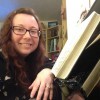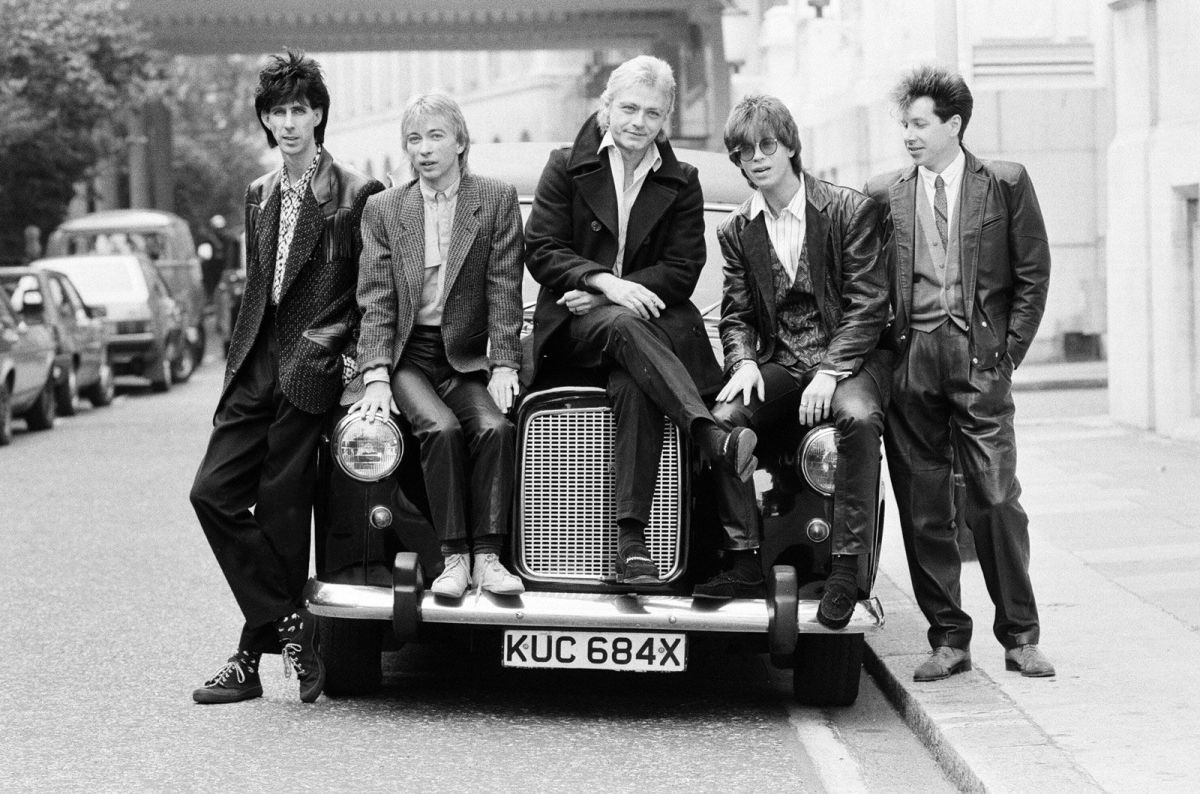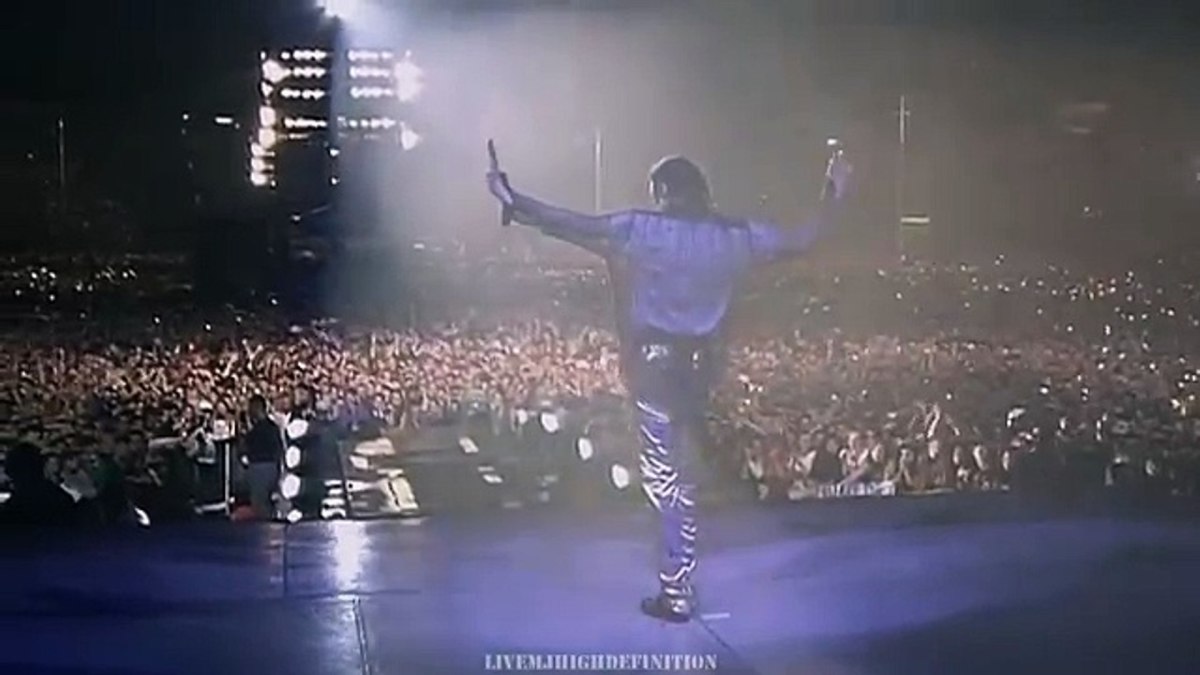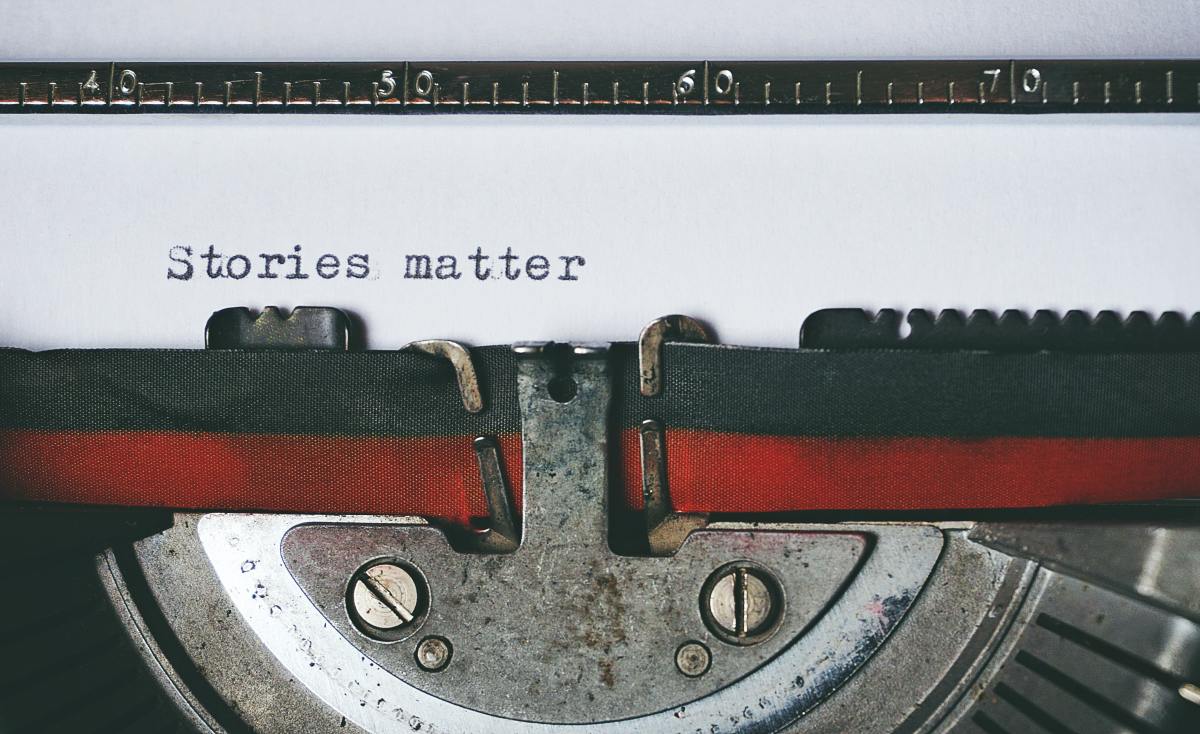Practice Music Successfully
Practice Your Music!
We all know that practice can be many things:
- Boring
- Uninteresting
- Depressing
- Frustrating
- Exhausting
- Lonely
- Confusing
- Unsuccessful
Example Assignment
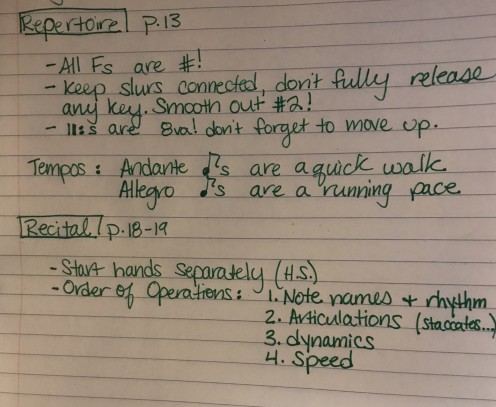
The difference between ordinary and extraordinary is practice.
— Vladimir HorowitzPractice Tips
- Practice at different times of the day. Don't try and sit down every day at six o'clock. Give yourself the opportunity to succeed in a variety of circumstances. Routine can kill the goals you set for yourself as a musician.
- Start with a warm-up or a scale Give your fingers a refresher and make sure you're playing in the right key signature BEFORE you start working on any piece. Play something you are good at or really enjoy as your etude.
- Never set a timer (unless you have to be somewhere). Timed practices are rarely successful and make practice feel like an unwanted chore.
- Work through difficult sections 1-2 measures at a time. Make your goal an achievable one for the day, and feel accomplished when it's complete. Celebrate it, and then make sure you retain it by taking a quick 3-5 minute break, and then doing it again.
- Use your super-slow-super-hero powers. Move mountains of notes by maintaining a very slow and steady pace, and gradually inching up in speed. You can use a metronome to help you if necessary. If you do, make sure you only bump the tick up 3-5 beats.
- Practice every assignment at least 3 times. Once, to give yourself the opportunity to find the mistakes you make. Twice to work on fixing those mistakes. And Thrice to give the 3 P's: as Perfect a Performance as Possible.
- Break up your practice throughout the day if you are too busy or exhausted. Sneak in some scales after your shower in the morning, or take a break from standing and bending over for house chores by sitting at the piano until you're a little more rested.
- Diffuse anger with joy. Set aside anything that causes you undue stress, and come back to it when you are calm and relaxed. Replace it with something you love and enjoy. Listen to a Beethoven sonata, play your favorite ice cream man tune, or experiment and play around.
- Practice your music backwards. Yes, you read that right. Start with playing the final measure. Then the last two. Then the last 3. So on, and so forth. This will give you a different audio perspective. You may hear or see something differently in the music. Plus, it's great to get your brain out of the normal rut of practicing everything from the beginning (which gets the most practice and leaves the middle and ends lackluster.)
- Talk things out. Write it down. Make yourself answer questions, or give yourself tips and hints as you go along your music. Circle finger numbers, highlight dynamics, mark sections, etc. Working it out can make the stress less daunting if you have patience and perseverance.
- Record yourself. Focus on your mid body, and the keyboard area of your piano for example. Use it to analyze what you are doing well, what you could do better, and what you must eliminate. Then, delete the recording! (Unless you like it!)
- Play for an audience. Ask mom, dad, sister, cousin, grandma, whomever you'd like, to sit down for a few minutes to listen to you play. Ask for their honest feedback and take note of the important things they highlight. Maybe they think there should be better volume changes, or maybe they really like that you are creating imagery. Use that feedback to improve your practice and performances in the future.
- Incorporate watching videos of the music, or listening to recordings of the music into your practice. Don't ever try to play with the recording or video though. Use it as a platform to jump from. Make the music yours, and get a feel for how it sounds through these mediums
- Go to your instrument whenever you feel the urge to. Use headphones or mutes when necessary. A creative vibe or longing to hear can inspire a practice to turn out magnificent results.
- Try to make up for days you take off of practice. Didn't get in time on Saturday? Do some extra time on Sunday, or create two practice sessions. Break it up and make it work in the schedule you have.
- Some practice is better than no practice. 5 minutes of good and focused practice is better than 30 minutes of hair ripping or bad practice.
Should you be practicing now?
YES!
Example Practice Schedule
Sunday
| Monday
| Tuesday
|
|---|---|---|
10am - 10:40am
| 5:45pm - 6:15pm
| 7:20am - 7:30am
|
Practice C Major Scale
| Practice Etude in C Major
| Technical Skills book, page 14
|
Play through Edelweiss 2 times
| Play C Major Scale
| Play G Major & D Major scales
|
Work on Edelweiss measures 6-15 until played without mistakes 3 times in a row
| Play Edelweiss 3 times
| 6:30pm - 7:00pm
|
Play Edelweiss again
| Technical Skills book, page 14
| Work on Edelweiss measures 6-15 until played without mistakes 3 times in a row
|
Technical Skills book, page 14
| Fun Piece: Stars & Stripes Forever
| Play Edelweiss 3 times
|
Staying On Top of Practice
- Carve out time regularly in your schedule.
- Practice every day you can.
- Make up missed practice time when possible.
- Set a reminder with an alarm on your phone or device.
- Take music with you if you go out of town, or somewhere where you spend a lot of time away from the piano (i.e. school, meeting at church, doctor's office.) Read the music and play it in your head when possible.
- Listen to your pieces regularly. Find your favorite recording and use it every practice.
- Schedule events and appointments that allow time in between. Try not to back-to-back everything. You'll exhaust yourself and be less likely to practice.
- Try a different approach to practice every day. Rearrange the order in which you practice, try a different time of day, etc.
- Never practice angry or frustrated. Wait until you are calm and relaxed.
- Make practice a known priority and have others hold you accountable.
- If you feel like "that's enough," it's not. Don't let your mind trick you.
- Give a weekly or monthly performance to family/friends.
- Read ALL your notes carefully every practice.
- Throw in some fun and easy songs so you feel accomplished.
- Experiment and play around on the piano. It will make you want to learn more!
© 2019 Doniell Cushman
